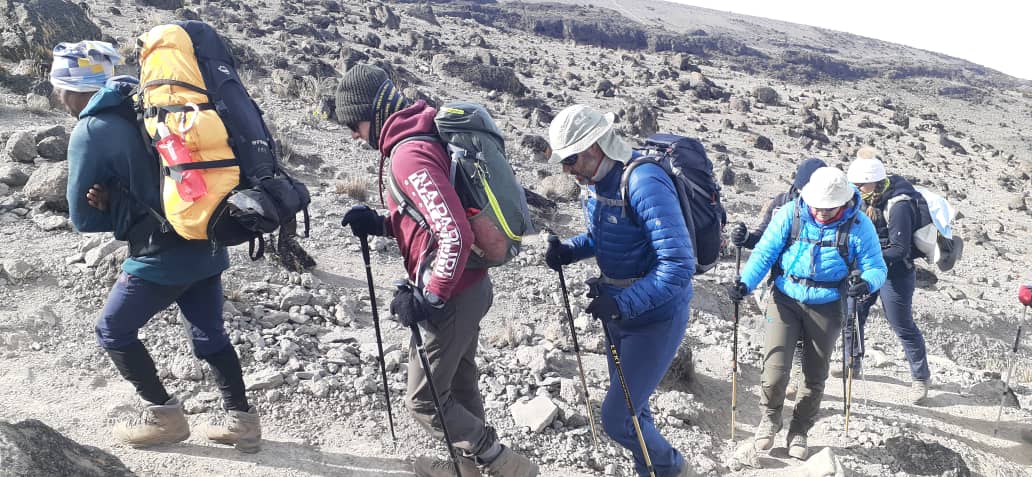
Tanzania’s tropical climate is relatively constant all year due to the country’s proximity to the equator. Daytime temperatures usually range from 25°C to 32°C with early mornings and evenings feeling noticeably cooler. It is important to note that regional variation and altitude will also come in to play.
If you have a particular preference of what wildlife you want to see, you may want to think carefully about which parks you visit and at what time of year you travel.
We are experts in creating Tanzania safari experiences and we often get asked the same questions from people planning their adventures.
In summary, the best time to go to Tanzania is:
Some parks such as the Serengeti will become crowded during migration season whereas others remain fairly quiet all year round.
Discover details on each region of Tanzania at a glance, including northern, southern and western parks, as well as the coast, islands and Zanzibar.
Northern Parks
Home of the classic safari route that includes the Serengeti National Park and Ngorongoro Crater, it is more than possible to enjoy the ‘northern circuit’ any time of year, but it can be crowded over Christmas and between July and August when the migration occurs. Whilst peak summer months are best for the migration, an alternative time to visit is January to March, when wildebeest and zebra have their young, with great wildlife viewing in the south Serengeti.
Southern and Western Parks
These lesser visited areas such as Selous and Ruaha have popular months between June and October after the rains subside. It is also worth considering January to March, as this is generally a quieter time to visit but also very fertile with excellent game viewing. Further west, Mahale and Katavi are usually visited August to October and January to March, and although the chimps of Mahale are not rain dependent and can be visited all year, they tend to be on the lower mountain slopes August to October, ideal for trekking.
Coast and Islands
The coastal region is a lowland area that experiences somewhat heavier tropical rainfall and hot and humid weather, although these are mainly afternoon downpours that soon disperse. Temperatures along the coast tend to be more bearable between May and October and there will be fewer mosquitos providing the optimum time for a honeymoon safari. The rainiest months are mid-March to May and November to January.